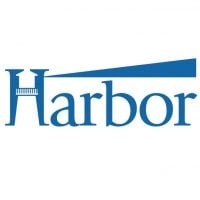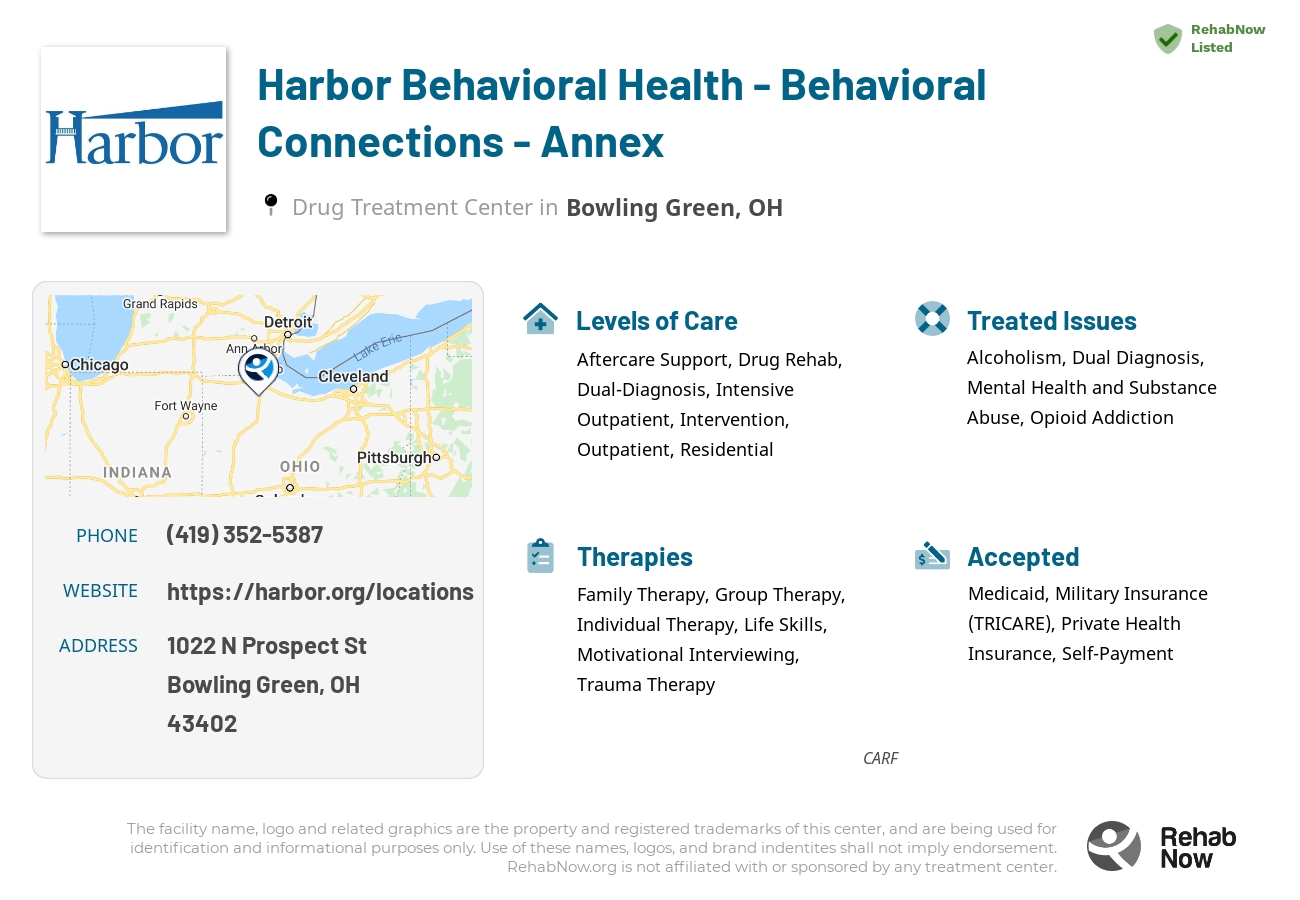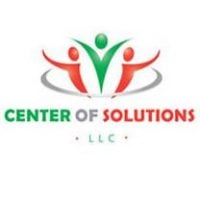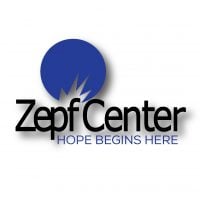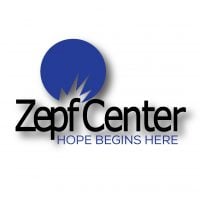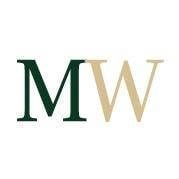Harbor Behavioral Health - Behavioral Connections - Annex
Drug Rehab Center in Bowling Green, Ohio
Harbor Behavioral Health - Behavioral Connections - Annex in Bowling Green, OH provides drug rehab services for individuals seeking to get sober, offering various levels of care and treating substance abuse issues, mental health problems, and accepting private health insurance.
About This Ohio Facility
Harbor Behavioral Health - Behavioral Connections - Annex, located in Bowling Green, Ohio, stands out as a not-for-profit comprehensive care center focused on substance use, mental health, and family issues. Known for its century-old legacy in serving Ohio communities, it offers a unique blend of services catering to various challenges, including addiction recovery.
This facility is recognized for its excellence through CARF accreditation and certification by OhioMHAS, emphasizing its commitment to high-quality care. The comprehensive spectrum of services ranges from mental health support to substance use disorder treatments, making it a multifaceted resource for recovery in Wood County.
- Accredited by CARF, highlighting a commitment to high standards in treatment and care.
- Provides a broad suite of services including mental health support, substance use disorder treatments, and family services.
- Offers various levels of care such as residential, outpatient, and intensive outpatient programs, catering to the specific needs of each individual.
Harbor Behavioral Health - Behavioral Connections - Annex primarily focuses on treating alcoholism, opioid addiction, dual-diagnosis, and general substance abuse. By employing a mix of detoxification, outpatient, intensive outpatient, and residential care, they equip individuals with the tools necessary for recovery and long-term sobriety.
Genders
Ages
Modality
Additional
Accreditations

CARF
The Commission on Accreditation of Rehabilitation Facilities (CARF) is a non-profit organization that specifically accredits rehab organizations. Founded in 1966, CARF's, mission is to help service providers like rehab facilities maintain high standards of care.
Conditions and Issues Treated
Opioids are a set of drugs prescribed for pain relief. Opioid addiction for Ohio residents refers to the compulsive seeking of opioids, even when they are not required medically. Treatment involves medication-assisted therapy in which medicines, counseling, and behavioral therapies are all utilized at Harbor Behavioral Health - Behavioral Connections - Annex.
A dual-diagnosis describes two medical issues that are happening at the same time. They may or may not be related. Over 50% of people with an addiction in Ohio have another mental health condition. Screening for both addiction and any untreated mental health issue is essential, and individually managed by Harbor Behavioral Health - Behavioral Connections - Annex.
Levels of Care Offered at Harbor Behavioral Health - Behavioral Connections - Annex
This center offers a variety of custom treatment tailored to individual recovery. Currently available are Aftercare Support, Drug Rehab, Dual-Diagnosis, Intensive Outpatient, Intervention, Outpatient, Residential, with additional therapies available as listed below.
Harbor Behavioral Health - Behavioral Connections - Annex offers an Intensive Outpatient Program is for those who need intensive care but prefer to spend the majority of their time in the comfort of their own home. The rehabilitation services differ in length and intensity. They are customized to meet the needs of the patient.
Residential treatment programs are those that offer housing and meals in addition to substance abuse treatment. Rehab facilities that offer residential treatment allow patients to focus solely on recovery, in an environment totally separate from their lives. Some rehab centers specialize in short-term residential treatment (a few days to a week or two), while others solely provide treatment on a long-term basis (several weeks to months). Some offer both, and tailor treatment to the patient’s individual requirements.
Not everyone who struggles with addiction in Ohio is ready to go into a treatment program. For these individuals, intervention services may help. Friends and family of the individual can call and set up an intervention. We have a professional come and lead the discussion.
Aftercare support refers to the follow-up care provided after the initial rehab program. The quality of aftercare support plays an important role in preventing relapses and sustains recovery. Aftercare support at Harbor Behavioral Health - Behavioral Connections - Annex is personalized according to the needs of the patient in Ohio.
Therapies & Programs
Individual therapy refers to one-on-one psychotherapy between a patient and their Harbor Behavioral Health - Behavioral Connections - Annex therapist. Individual therapy seeks to help identify the issues that drive and contribute to a client’s addiction or alcoholism. Another goal of individual counseling is to assist the client to learn how to manage their lives without alcohol or drugs.
Group therapy occurs in a group setting as opposed to a one on one setting. It benefits patients by providing a feeling of support and letting them know they are not alone. Patients at Harbor Behavioral Health - Behavioral Connections - Annex also learn to build trust and understanding and gain perspective through discussions.
After experiencing trauma, it’s crucial to look for a facility that can provide trauma therapy. This approach zeroes in on the traumatic incidents that a patient has encountered in the past, recent or not. It’s been widely known that trauma can make an individual resort to alcohol or other substances to mask their troubles and pain. Trauma can originate from domestic violence, sexual abuse, an early encounter with death, sexual assault, and many more. The goal of trauma therapy at Harbor Behavioral Health - Behavioral Connections - Annex in Bowling Green, OH is to help the patient see beyond the trauma and move forward. Mental health professionals will facilitate the patient’s journey and see to it that he or she is no longer a victim of his or her traumatic experiences and has wholly regained his or her personal power.
Most individuals suffering from addiction have low self-awareness, so they end up making poor decisions. Cognitive Behavioral Therapy (CBT) is suitable for patients recovering from an addiction of any kind. Through it, patients become more aligned with their thoughts, emotions, and behaviors, giving them a better opportunity to respond appropriately to temptations and negative feelings.
This therapy modality at Harbor Behavioral Health - Behavioral Connections - Annex in Bowling Green, OH strengthens a person’s ability to stay on top of their emotional state and learn new stress management techniques so they won’t give in to the temptations easily. Moreover, CBT helps people communicate and express their emotions well, which can be vital in relapse management. CBT is also suitable for managing co-occurring disorders like depression and bipolar illness.
When it comes to maintaining sobriety, people who quit recovery without developing life skills are disadvantaged. While teaching life skills at Harbor Behavioral Health - Behavioral Connections - Annex is difficult, support with aftercare helps patients learn these skills over time. Life skills include getting a career, living in a good environment, self-care, and finance management, all in Bowling Green, OH.
Payment Options Accepted
For specific insurance or payment methods please contact us.
Is your insurance accepted?
Ask an expert, call (888) 674-0062
Harbor Behavioral Health Associated Centers
Discover treatment facilities under the same provider.
- Harbor Behavioral Health - Woodley Road in Toledo, OH
- Harbor Behavioral Health - Behavioral Connections - Devlac Hall in Bowling Green, OH
- Harbor Behavioral Health - Perrysburg in Perrysburg, OH
- Harbor Behavioral Health - North Prospect Street Location in Bowling Green, OH
- Harbor Behavioral Health - Port Sylvania in Toledo, OH
Learn More About Harbor Behavioral Health Centers
Additional Details
Specifics, location, and helpful extra information.
Bowling Green, Ohio 43402 Phone Number(419) 352-5387 Meta DetailsUpdated April 15, 2024
Staff Verified
Patient Reviews
There are no reviews yet. Be the first one to write one.
Bowling Green, Ohio Addiction Information
Ohio is suffering from a drug abuse problem that is costing thousands of its residents their lives every single year. Opioids, particularly Fentanyl and heroin, are the leading drugs in the state. The state ranks in the top 10 for illicit use of painkillers. Opioid-related overdose rates in Ohio are by far some of the highest in the country.
According to the statistics, in Bowling Green, Ohio, there were 9,023 admissions for drug treatment in 2014. Of those, 6,996 were for addiction to illicit drugs, and 2,027 were for addiction to alcohol. In 2013, around 119 people out of every 10,000 died from a drug overdose. The best way to find a treatment facility in Bowling Green is to ask for referrals from those who have had experience with rehabilitation centers.
Treatment in Nearby Cities
- West Union, OH (179.4 mi.)
- Wauseon, OH (27.9 mi.)
- Pomeroy, OH (184.1 mi.)
- Oak Harbor, OH (27.3 mi.)
- Chesterland, OH (120.1 mi.)
Centers near Harbor Behavioral Health - Behavioral Connections - Annex
The facility name, logo and brand are the property and registered trademarks of Harbor Behavioral Health - Behavioral Connections - Annex, and are being used for identification and informational purposes only. Use of these names, logos and brands shall not imply endorsement. RehabNow.org is not affiliated with or sponsored by Harbor Behavioral Health - Behavioral Connections - Annex.
